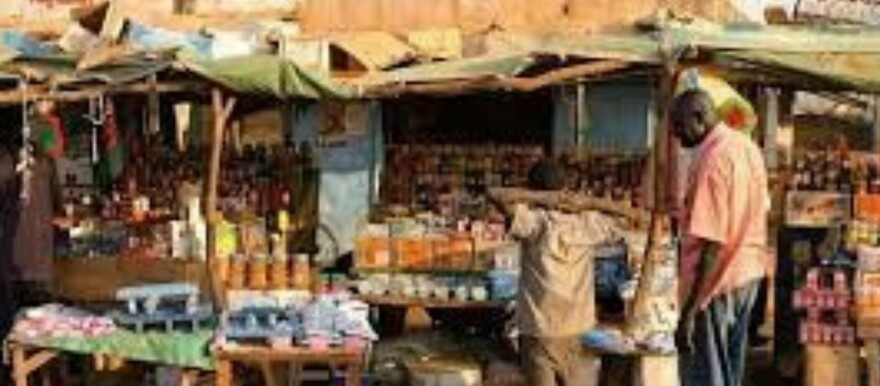Several residents in the Warrap State capital Kuajok have said they can barely afford to buy food from the market due to exorbitant commodity prices.
The main market in Kuajok town receives goods from Sudan and Juba via Wau before they are then distributed all over the state.
The rising prices have further been exacerbated by the violent conflict between the Twic community of Warrap State and the Ngok Dinka of Abyei which has hindered the flow of goods and services from Sudan via Abyei, the town mayor said.
Asunta Atong, a mother who said her husband is a pastor, said prices started steadily shooting up in early January and that she could not afford to purchase sufficient food for her family.
“Items are very expensive in the market. I asked for 50 kg of flour and it now costs SSP 45,000 yet it was 31,000 before, a kilo of goat’s meat which was 2,000 now costs SSP 2,400,” she lamented.” I asked myself what is happening to the world. I urge the town mayor and the government to come and see what is happening in the market and talk to traders to reduce prices.”
“People who buy things from the market will starve to death if things continue like this,” Atong added.
A woman who makes and sells tea, Aluel Akech, said commodity prices were now unaffordable and that people might migrate to the village.
“I make tea and it is difficult to cater for my family because everything is shooting up. I work in the market and at the end of the day, I pay all the money I have earned to the shopkeeper from who I took tea leaves, sugar, and other spices which leaves nothing to feed my children,” she said. “I used to buy 1 kg of flour at SSP 400 but it has increased to 600, 1 kg of sugar was 1,000 and it has gone to 1,200 and it is unbearable. I think the only solution is that people should resort to farming and leave urban life.”
Meanwhile, Ring Bol, said he failed to construct a shelter for his family because building materials are too expensive due to inflation.
“If we talk about building materials, they are expensive and one 2 by 3 piece of timber now costs SSP 2,500, 2 by 4 is 3,000, 2 by 6 is 5,000 and 2 by 8 is at 6,000 and yet in the recent past they cost SSP 1,500, 2,000, 4,000 and 5,000 respectively,” he said. “The traders set prices arbitrarily and nobody questions them. One bag of cement from Uganda was SSP 12,000 and it now costs 18,000. The cement from Sudan goes for SSP 25,000 up from 12, 000.”
On his part, Kuajok Town Mayor John Akol, however, said prices had slightly reduced and said he could not do anything apart from asking the traders to be fair.
“The prices have reduced a little bit because a malwa of dura (sorghum) is now at SSP 2,000, down from 2,500 and the cost of a kilogram of meat has also reduced just like other commodities,” he said. “The problem here is not only the dollar rate but that Warrap State is the landlocked and also the conflict between Twic and Abyei communities has caused scarcity of goods and services in the market because there are no trucks carrying goods from Sudan to Kuajok.”




